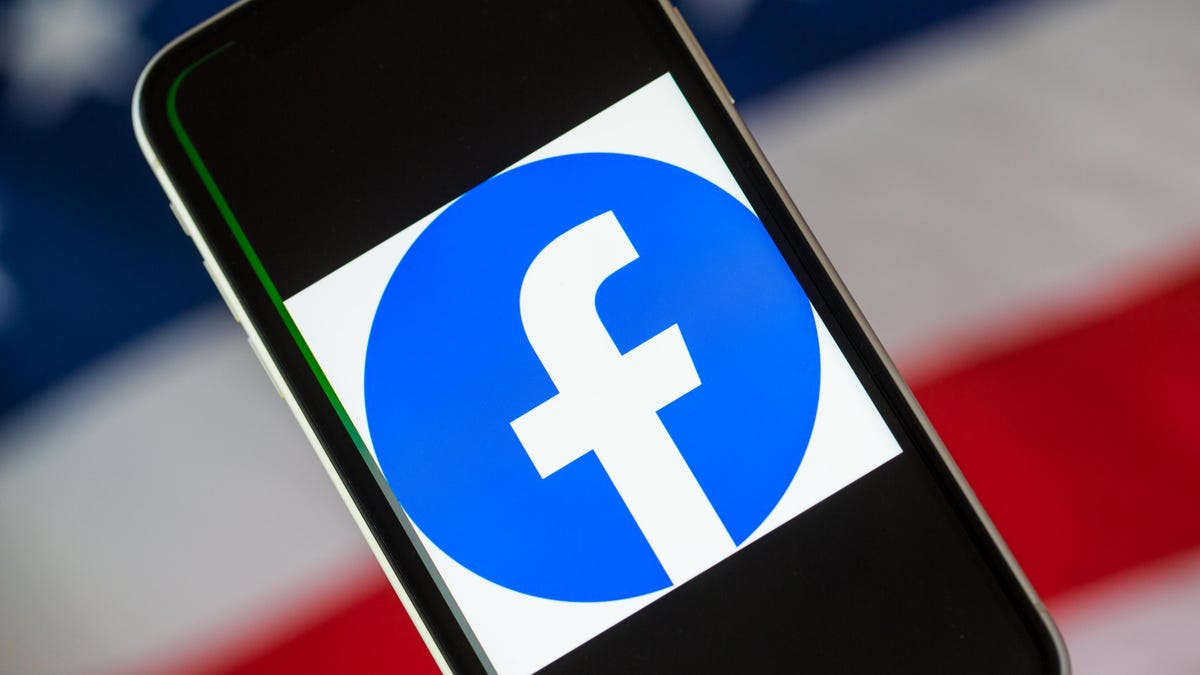Facebook failed to warn Georgia voters about misinformation, activists say
Avaaz, a global activist group, says the social network's labeling of posts with false election information is inconsistent.

Facebook is still grappling with political misinformation after election day.
Facebook has been using labels to warn users about posts that contain misinformation, but a global activist group says false claims are still slipping through the cracks ahead of runoff elections in Georgia that will decide which party controls the US Senate.
Avaaz, a global activist group, said Friday it examined 204 Facebook posts in English and Spanish that contained 12 false Georgia election-related claims debunked by fact checkers. As of Nov 20, about 60% of these posts didn't have a label that warned users the post contained false information. Some of the posts weren't labeled at all and others had a different label that directed Facebook users to an online hub with election information.
The analysis raises questions about whether Facebook's efforts to combat misinformation are effective. The company relies on a mix of human reviewers and technology to moderate online content. Posts from politicians are typically exempt from fact checking.
In the analysis, Avaaz shows identical Facebook posts with election misinformation that were handled differently by the social network. One post falsely stated that 132,000 ballots in Fulton County, Georgia have been identified as "likely ineligible," a claim that was debunked by fact checkers. The group said the examples show that there are inconsistencies in how Facebook labels election misinformation.
Even posts that had a fact check label still spread to hundreds of thousands of Facebook users, Avaaz found. The group said that 82 posts that had a fact check label had 361,262 interactions. Avaaz is urging the company to properly label misinformation and show posts from pages and groups that repeatedly share misinformation lower in people's News Feeds.
The increased pressure comes ahead of the Jan. 5 runoff elections for Georgia's two Senate seats. A runoff election occurs when a candidate hasn't won the majority of votes. Early voting is scheduled to begin on Dec. 14.
"Georgia voters are just weeks away from deciding the direction of the US Senate - and the direction of the country - and their News Feeds are being overrun with misinformation that could further erode trust in the election process and suppress turnout," said Avaaz Campaign Director Fadi Quran in a statement.
Facebook said the company is looking into the report's findings and have applied a fact check label to some of the posts identified by Avaaz. The company said it uses artificial intelligence to help identify duplicate posts with misinformation.
"We share Avaaz's goal of limiting misinformation. We remain the only company to partner with more than 80 fact-checking organizations, using AI to scale their fact-checks to millions of duplicate posts, and we are working to improve our ability to action on similar posts. There is no playbook for a program like ours and we're constantly working to improve it," a Facebook spokeswoman said in a statement.

